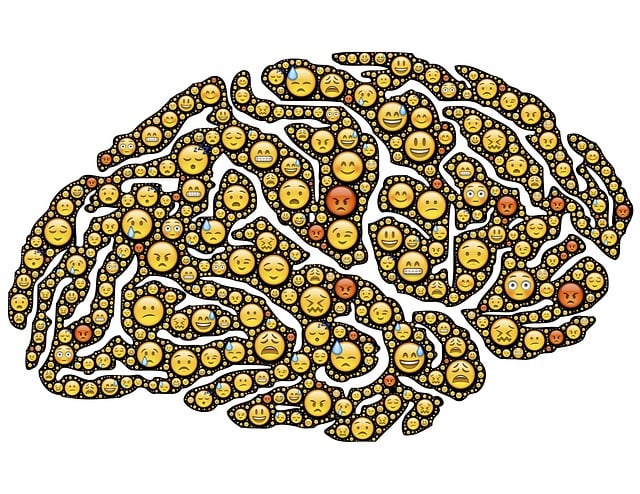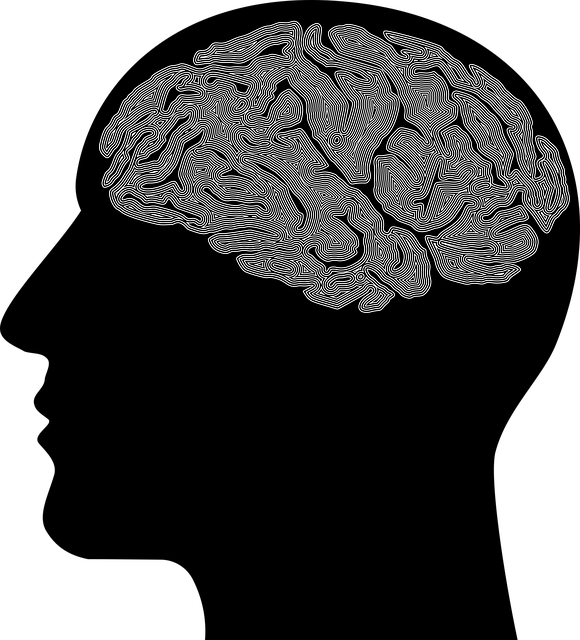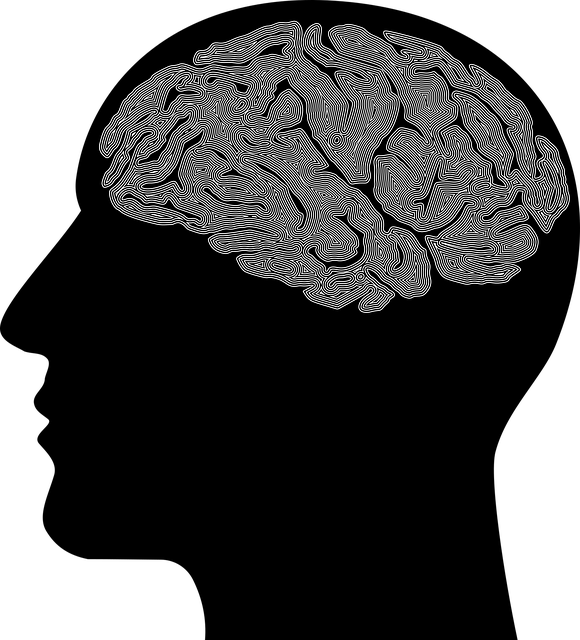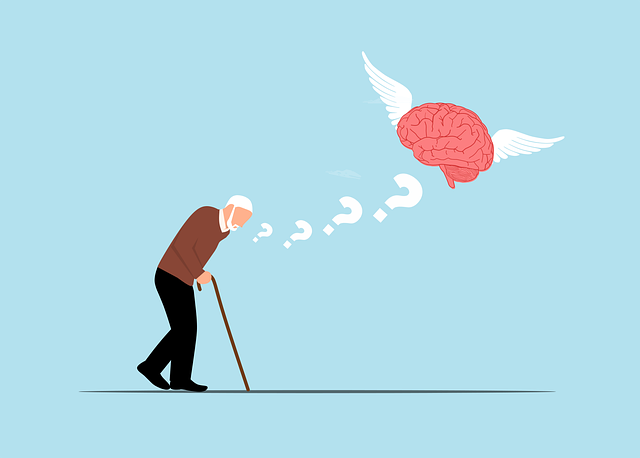Longmont Therapy for Therapists-Clinicians offers a unique, evidence-based approach to building resilience through the RFM framework, combining Positive Thinking, Empathy Building Strategies, and Communication Strategies. Their tailored interventions, including Social Skills Training and Trauma Support Services, empower clients with lifelong coping strategies for improved mental health outcomes. By integrating mindfulness meditation and cognitive reframing, therapists enhance emotional intelligence and address burnout prevention among healthcare professionals through group activities. Longmont Therapy's holistic Community Outreach Program extends their impact beyond traditional therapy, fostering resilience within the community.
In today’s challenging world, building resilience is paramount for well-being. This article explores Longmont Therapy—a clinical approach designed to enhance resilience through evidence-based methods. We delve into “Understanding RFM,” a framework for resilience, and the crucial role therapists play in fostering it. Additionally, we present practical exercises for therapists-clinicians to implement with clients. By integrating these strategies, professionals can empower individuals to navigate life’s hurdles with greater adaptability and strength.
- Understanding RFM: A Framework for Resilience
- The Role of Therapists in Building Resilience
- Practical Exercises for Fostering Resilience in Clients
- Longmont Therapy: A Clinical Approach to Enhancing Resilience
Understanding RFM: A Framework for Resilience

Resilience is a cornerstone of emotional well-being, allowing individuals to bounce back from adversity and navigate life’s challenges with strength. RFM—a framework that integrates factors like Positive Thinking, Empathy Building Strategies, and Communication Strategies—serves as a powerful tool for therapists and clinicians in assisting clients in cultivating resilience. This approach recognizes that a person’s ability to cope is influenced by their past experiences, current resources, and future orientation.
By understanding RFM, Longmont Therapy for Therapists-Clinicians can tailor interventions to meet each client’s unique needs. For instance, fostering positive thinking involves encouraging clients to challenge negative thought patterns and replace them with more adaptive ones. Empathy building strategies promote deeper connections and understanding, enabling individuals to perceive challenges from different perspectives and build internal support systems. Effective communication strategies facilitate open dialogue, ensuring clients feel heard, validated, and empowered in their journey towards resilience.
The Role of Therapists in Building Resilience

In the realm of Longmont Therapy for Therapists-Clinicians, resilience building exercises have gained significant importance. Therapists play a pivotal role in fostering emotional healing processes and supporting clients in navigating life’s challenges. Through tailored interventions, they enable individuals to develop coping strategies that enhance their ability to withstand and recover from adverse situations, effectively integrating this into their clinical practice.
The therapists’ expertise lies in facilitating Social Skills Training and Trauma Support Services. By incorporating these techniques, they empower clients to build a strong psychological foundation, thereby improving their overall resilience. This approach not only assists individuals in overcoming immediate trauma but also equips them with lifelong tools for managing stress and adversity, ensuring better mental health outcomes.
Practical Exercises for Fostering Resilience in Clients

In the realm of Longmont Therapy for Therapists-Clinicians, practical exercises are key to fostering resilience in clients. These activities aim to strengthen their emotional intelligence, enabling them to navigate life’s challenges with greater ease. Techniques such as mindfulness meditation, cognitive reframing, and stress management skills help individuals cultivate a sense of inner calm and adaptability. By incorporating these into therapy sessions, therapists can guide clients towards building emotional resilience, thereby enhancing their overall well-being.
Moreover, resilience building exercises tailored for healthcare providers, including those in Longmont Therapy settings, go beyond individual growth. They often include group activities that foster camaraderie and support among peers, addressing the unique challenges of burnout prevention strategies for healthcare providers. Such collaborative efforts not only strengthen professional resilience but also create a more nurturing and sustainable work environment.
Longmont Therapy: A Clinical Approach to Enhancing Resilience

Longmont Therapy offers a unique and clinical approach to enhancing resilience among individuals seeking support for their emotional well-being. This therapeutic model is designed to equip therapists and clinicians with powerful tools to assist clients in navigating life’s challenges and fostering resilience from within. By integrating evidence-based practices, such as mindfulness meditation, into their therapy sessions, Longmont Therapy provides a comprehensive framework for building mental fortitude.
The Community Outreach Program Implementation at Longmont Therapy goes beyond traditional therapy settings. They actively engage with the community to promote emotional well-being through various initiatives and workshops. These programs aim to educate individuals on resilience-building techniques, encouraging them to take an active role in their mental health. Through these holistic approaches, Longmont Therapy ensures that clients develop a profound sense of self-resilience, enabling them to face life’s uncertainties with strength and adaptability.
Resilience is a powerful tool that enables individuals to overcome challenges and adapt to change. As highlighted by Longmont Therapy, integrating RFM (a robust framework) into therapeutic practices empowers therapists to guide clients towards building resilience. By employing practical exercises discussed in this article, clinicians can foster an environment that enhances coping mechanisms and promotes mental well-being. Longmont Therapy for Therapists offers a valuable clinical approach, ensuring that both practitioners and their clients emerge more resilient in today’s complex world.














